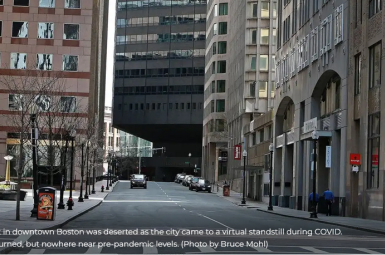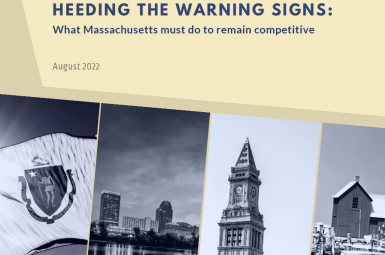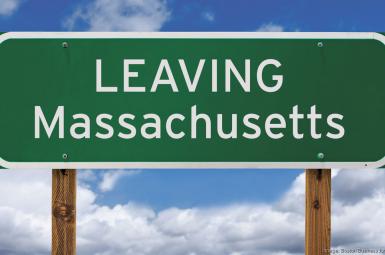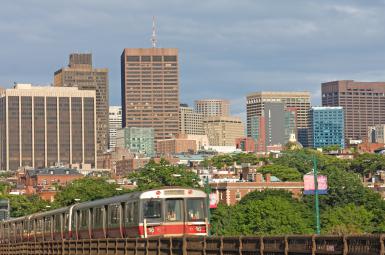MTF's 2024 Massachusetts Competitiveness Index Report is designed to put forward a framework to assess how Massachusetts stacks up compared to other states, key economic and geographic competitors, and itself.
The report looks at 26 different metrics organized into four critical areas:
•Economic Health
•Population and Labor Force Trends
•Business, Employment, and Investment Factors; and
•Resident Life









